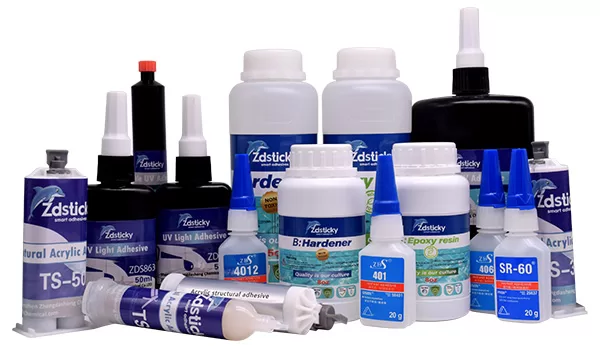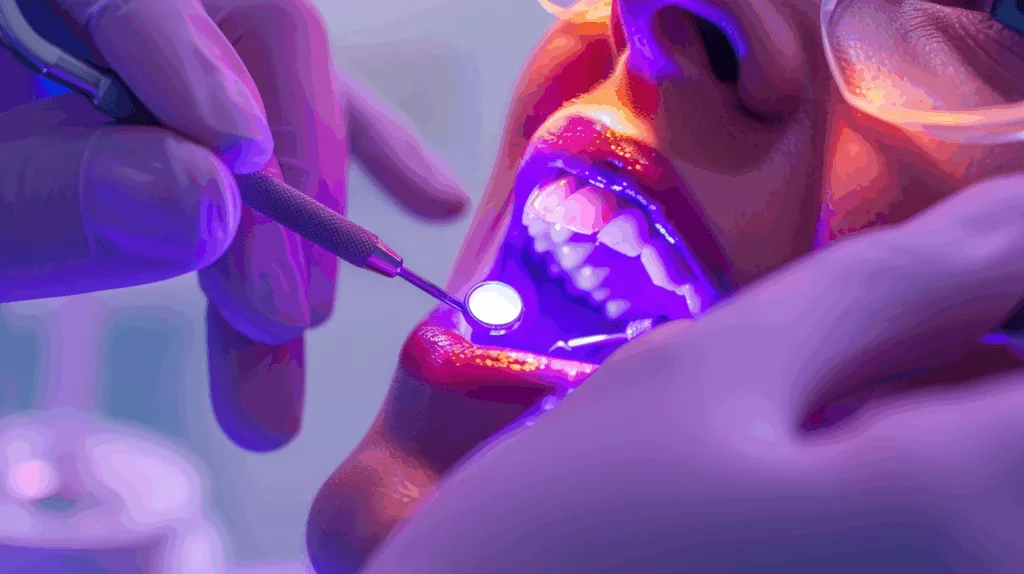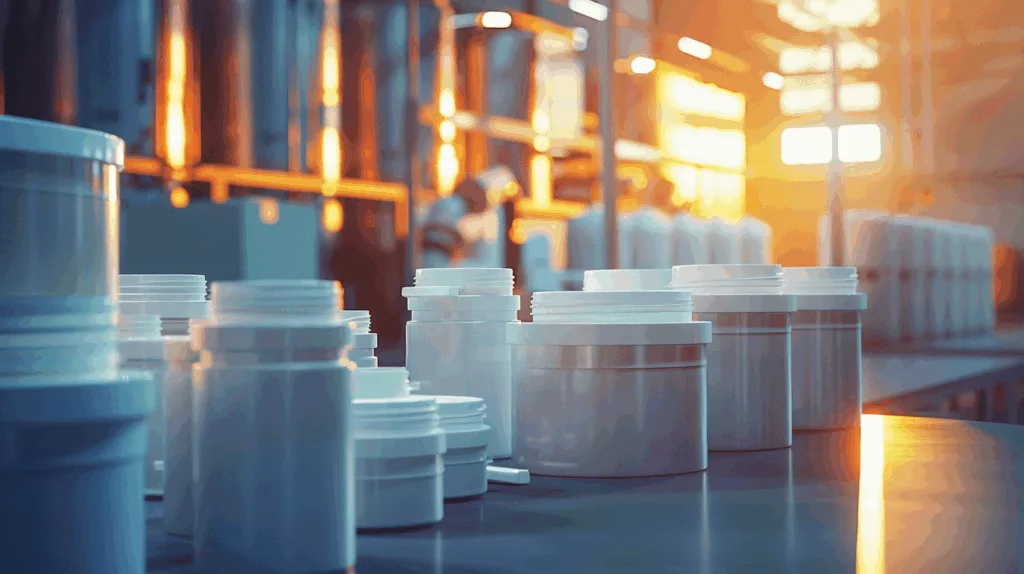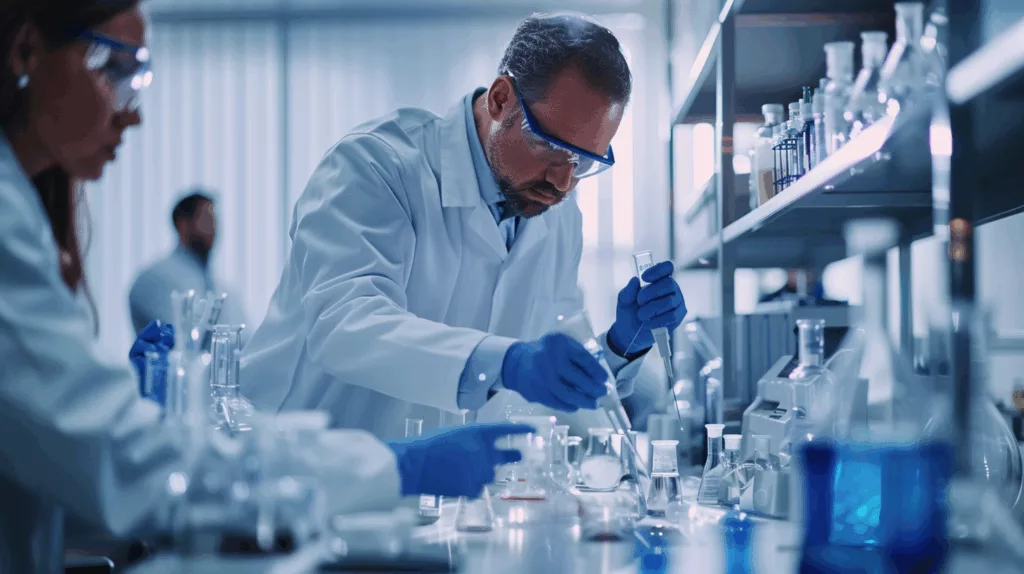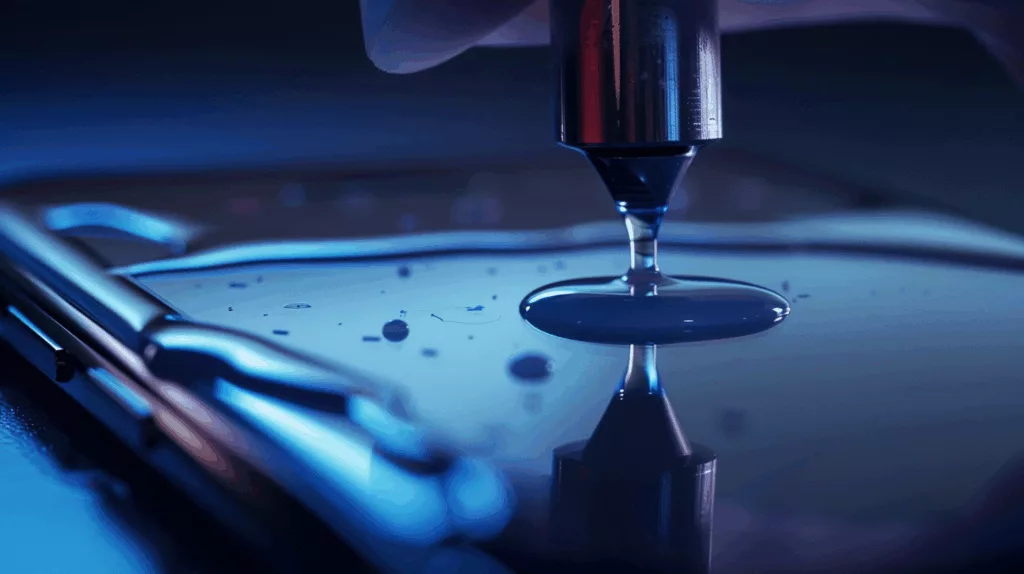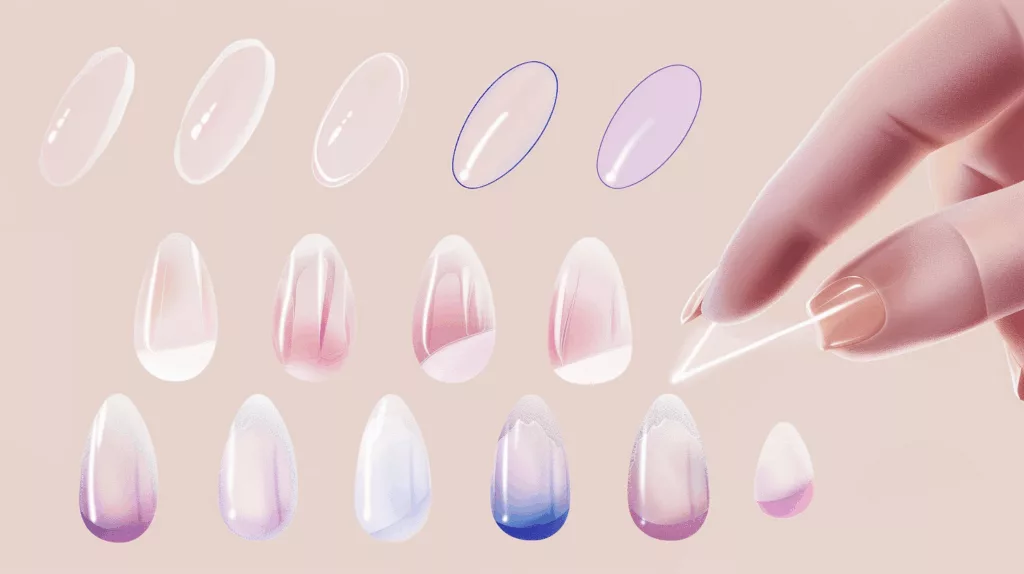What is the best glue for plastic?
When it comes to working with plastic materials, finding the right adhesive can make or break your project—literally. Plastics come in a variety of types, from rigid PVC to flexible polypropylene, and each has unique bonding needs. Whether you’re tackling a DIY repair or assembling a complex prototype, choosing the Best Glue for Plastic is crucial.
In this comprehensive guide, we’ll explore the best adhesive options available, their applications, and how to select the perfect glue for your specific needs.
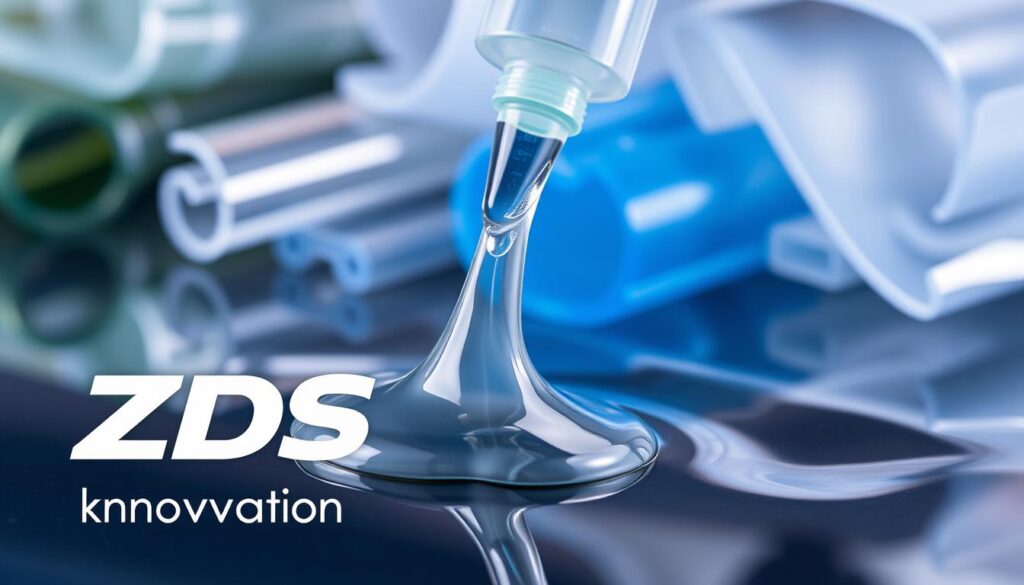
Understanding Plastic Types and Adhesive Compatibility
Not all plastics are created equal, and neither are adhesives. Knowing the type of plastic you’re working with is the first step toward finding the right glue.
Common Plastic Types
- Polyethylene (PE): Commonly used in containers, bottles, and bags.
- Polypropylene (PP): Found in food containers and automotive parts.
- Polystyrene (PS): Used in disposable cutlery and models.
- Acrylic (PMMA): Seen in aquariums and display cases.
- Polyvinyl Chloride (PVC): Found in pipes and vinyl flooring.
Challenges in Bonding Plastic
Plastics often have smooth, non-porous surfaces that resist adhesion. Low-energy plastics like PE and PP require specialized adhesives to form strong bonds.
Best Glue Options for Plastic
1. Super Glue (Cyanoacrylate)
Super glue is a versatile adhesive that works well for small repairs and precision applications.
- Best For: Polystyrene, acrylic, and PVC.
- Strengths: Instant bond, clear finish.
- Limitations: Less effective on low-energy plastics like PE or PP.
2. Epoxy Resin Adhesives
Epoxy resins are ideal for projects requiring high strength and durability.
- Best For: Hard plastics like PVC and ABS.
- Strengths: Water-resistant, strong bond.
- Limitations: Longer curing time.
3. Plastic-Specific Glues
Products like Loctite Plastics Bonding System are designed to work on low-energy plastics.
- Best For: Polypropylene and polyethylene.
- Strengths: Tailored for challenging plastics.
- Limitations: Requires surface preparation.
4. Hot Glue Guns
Hot glue works surprisingly well for plastics, especially when used with high-temperature glue sticks.
- Best For: Arts and crafts projects.
- Strengths: Easy application, fast curing.
- Limitations: Less durable for structural repairs.
5. Solvent-Based Adhesives
Solvents like Weld-On work by chemically softening plastic surfaces, creating a fused bond.
- Best For: Acrylic and PVC.
- Strengths: Strong, durable bond.
- Limitations: Emits strong odors, requires proper ventilation.
6. UV-Cured Adhesives
UV-cured glues harden when exposed to ultraviolet light, providing a clear, strong bond.
- Best For: Transparent plastics like acrylic.
- Strengths: Quick curing, invisible finish.
- Limitations: Requires UV light source.
7. Silicone Adhesives
ZDS™ Silicone adhesives are flexible and waterproof, making them ideal for outdoor projects.
- Best For: Sealing plastic surfaces.
- Strengths: Resistant to weather and temperature changes.
- Limitations: Not as strong for structural repairs.
How to Choose the Best Glue for Plastic
Consider the Plastic Type
Match the adhesive to the specific tfype of plastic. Check product labels for compatibility.
Evaluate the Bonding Requirements
Is the bond temporary or permanent? Does it need to withstand heat, water, or stress?
Application Method
Some adhesives require precise application, while others are more forgiving. Choose one that suits your skill level and project.
Steps to Achieve the Perfect Bond
- Prepare the Surface: Clean and sand the plastic to remove grease and create a rough texture.
- Apply the Adhesive: Follow the manufacturer’s instructions for optimal results.
- Clamp the Pieces: Hold the pieces together to ensure proper curing.
- Allow Adequate Curing Time: Don’t rush; let the adhesive set fully for maximum strength.
FAQs
What glue works best for polyethylene plastic?
Specialized adhesives like Loctite Plastics Bonding System work well for polyethylene. These often include a primer to improve adhesion.
Can I use super glue on all plastics?
Super glue works on many plastics but struggles with low-energy plastics like polypropylene and polyethylene.
How do I remove glue from plastic?
Use a plastic scraper and rubbing alcohol to gently remove glue without damaging the surface.
Is epoxy stronger than super glue?
Yes, epoxy provides a stronger bond and is more durable than super glue, especially for structural applications.
Can hot glue be used for outdoor plastic repairs?
Hot glue isn’t ideal for outdoor use as it lacks durability and heat resistance. Silicone adhesives are a better choice.
What’s the best adhesive for acrylic plastic?
Solvent-based adhesives like Weld-On or UV-cured adhesives provide strong and clear bonds for acrylic.
Conclusion
Finding the best glue for plastic doesn’t have to be a daunting task. By understanding the type of plastic and the demands of your project, you can select an adhesive that ensures lasting success. From versatile super glue to specialized plastic bonding systems, the options are diverse. Take the time to prepare and apply the adhesive correctly, and your plastic project will be as strong as it is seamless.


